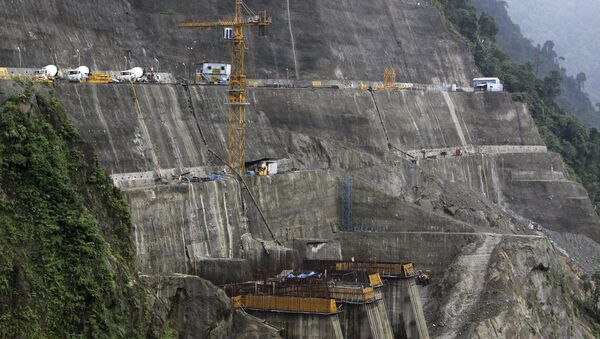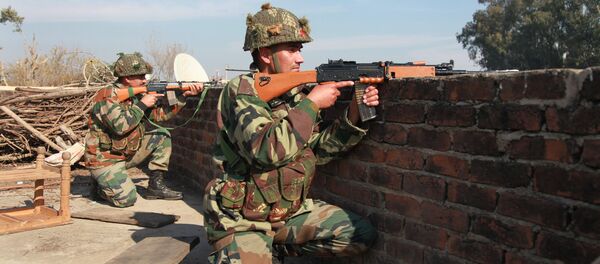"We are announcing this pause to protect the Indus Waters Treaty and to help India and Pakistan consider alternative approaches to resolving conflicting interests under the Treaty and its application to two hydroelectric power plants," said World Bank Group President Jim Yong Kim.
The Bank had appointed the Chairman for the Court of Arbitration as well as a Neutral Expert for resolving the dispute over utilization of waters from common rivers.
"The Indian government had pointed out the legal untenability of the World Bank launching two simultaneous processes — appointment of a Neutral Expert (requested by India) and the establishment of a Court of Arbitration (requested by Pakistan) to adjudicate technical differences on Kishenganga and Ralte [hydel] projects. By temporarily halting both the processes, the Bank has confirmed that pursuing the two concurrent processes can render the Treaty unworkable over time," said Vikas Swarup, spokesperson, India's Ministry of External Affairs in response to the World Bank move to pause the processes.
Though dispute over the construction of Kishenganga hydelelectric project was settled in year 2013 in India's favor, Pakistan went to World Bank again as India expedited the work on project in a response to September terror attack on Indian Army Camp.
To expedite work on the project, India had requested World Bank to appoint a neutral expert to sort out technical issues while Pakistan demanded a Court of Arbitration to hear its objections. Pakistan had objected to the design of the project on Indian side of J&K because it claimed that the project will "adversely'' affect the flow of Kishenganga water, known as Neelum in the Pakistan.




